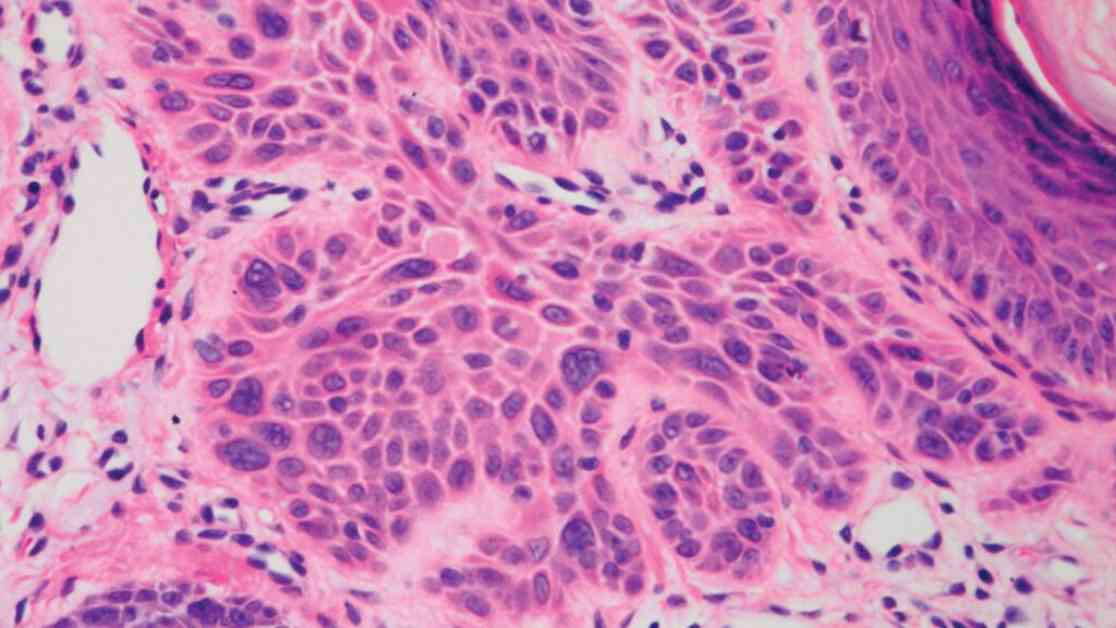Scientists are constantly searching for new and innovative ways to treat cancer, and one approach that has garnered significant attention is starving cancer cells. Like all living things, cancer cells require nutrients to survive and grow, and researchers have been exploring ways to deprive tumors of the fuel they need to thrive.
For years, the focus has been on targeting the cells’ ability to metabolize glucose, a simple sugar that is believed to be a major energy source for cancer cells. However, according to William Lowry, a biologist at the University of California, Los Angeles, this approach has not been as effective as hoped. Lowry and his team recently conducted a study, published in Science Advances, which sheds light on why targeting glucose alone may not be sufficient.
The study, conducted on mice, suggests that cancer cells have the ability to consume multiple food sources, not just glucose. In order to effectively starve the cancer cells, it may be necessary to block their ability to metabolize at least two of these nutrients. This new insight could potentially lead to a breakthrough in cancer treatment by targeting the metabolism of cancer cells in a more comprehensive way.
Exploring New Approaches to Starving Cancer Cells
The concept of starving cancer cells to death is not new, but recent advancements in research have provided a deeper understanding of the metabolic processes that fuel tumor growth. By identifying the various nutrients that cancer cells rely on for survival, scientists are now able to develop more targeted therapies that disrupt these metabolic pathways.
Lowry’s study is just one example of the innovative approaches being explored in the field of cancer research. By uncovering the multiple food sources that cancer cells consume, researchers are moving closer to developing treatments that can effectively starve tumors without harming healthy cells.
The Potential of Metabolism-Targeted Therapies
Metabolism-targeted therapies represent a promising avenue for the treatment of cancer. By focusing on the unique metabolic characteristics of cancer cells, researchers can develop treatments that specifically target the pathways that fuel tumor growth. This approach has the potential to be more effective and less toxic than traditional cancer treatments, which often have harmful side effects on healthy cells.
The findings from Lowry’s study highlight the importance of understanding the complex metabolic processes that drive cancer growth. By targeting multiple nutrient sources that cancer cells rely on, researchers may be able to develop therapies that can effectively starve tumors and prevent them from spreading.
Implications for the Future of Cancer Treatment
The research conducted by Lowry and his team has significant implications for the future of cancer treatment. By uncovering the multiple food sources that cancer cells consume, researchers are paving the way for the development of more targeted and effective therapies that can starve tumors to death.
Moving forward, further research is needed to fully understand the metabolic processes that drive cancer growth and to identify additional nutrient sources that cancer cells rely on. By continuing to explore new approaches to starving cancer cells, scientists may be able to develop treatments that are more effective at targeting tumors while minimizing harm to healthy cells.
In conclusion, the study conducted by Lowry and his team represents a significant step forward in the field of cancer research. By shedding light on the multiple food sources that cancer cells consume, researchers are gaining valuable insights that could lead to more effective treatments for this devastating disease. The future of cancer treatment may lie in the ability to starve tumors to death, and studies like this one are helping to make that possibility a reality.

















